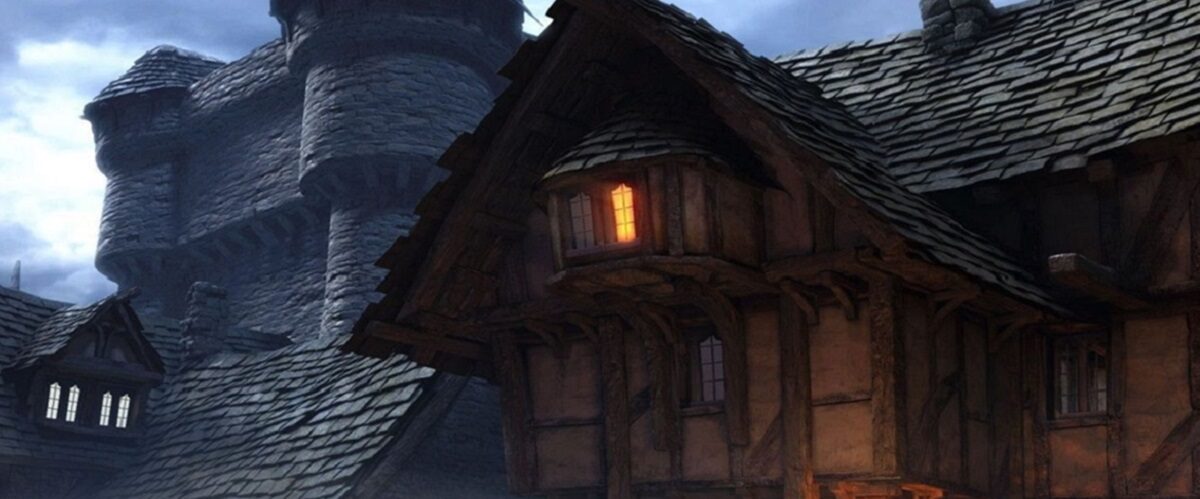As we celebrate another Independence Day in the United States of America, it’s important to remember from whom we declared independence. The Americanist religion tells us, and we like to believe, that the nation declared independence from an evil tyrant named George III. The concrete reality is much different.
The problem is not so much that a group of wealthy merchant class colonials decided to throw off the reigning monarch and substitute themselves for King and Parliament to rule with an iron fist, collect taxes and seize property of Loyalists. The problem is that those same individuals also officially declared their independence from Christ the King.
Ironically, many believe that because the Declaration refers to a “Creator,” “Nature’s God,” and the “Supreme Judge,” that somehow this preserves some attachment to the Christian order. Quite the opposite.
I have made this point before, but it is worth repeating. The generic Creator and Nature’s God that is referred to in the Declaration, is nothing more than a reference to a materialistic/deistic god, a product of enlightenment philosophers dating back to at least the atheist Benedict de Spinoza, that plays no role in human affairs and certainly does not represent the Trinitarian God that we are called to worship.
But the Declaration also rejects our Lord in another way. It bases its claim to authority on “the People,”, as opposed to Jesus Christ, the ultimate source of all human authority.
The Declaration of Independence states in its final paragraph:
“We, therefore, the Representatives of the united States of America, in General Congress, Assembled, appealing to the Supreme Judge of the world for the rectitude of our intentions, do, in the Name, and by Authority of the good People of these Colonies, solemnly publish and declare, That these United Colonies are, and of Right ought to be Free and Independent States[.]”
But what authority did “the good people of these colonies” actually provide those who declared independence? Was there a national election in which a majority or supermajority of the voting population expressed its wishes? Did the eighteenth-century farmer in western Virginia have any say whatsoever in whether he was going to renounce his British citizenship?
Was there perhaps some type of legal authority grounded in the existing British Constitution, the same constitution that claimed a direct inheritance from the Magna Carta dating back to the thirteenth century? Some have certainly tried to make that claim, but it is not what the Declaration says.
Perhaps this undefined “Supreme Judge of the world” or “Nature’s God” somehow offered divine authority? Yet, how do we square this with St. Paul’s admonition:
“Let every person be subject to the governing authorities. For there is no authority except from God, and those that exist have been instituted by God. Therefore he who resists the authorities resists what God has appointed, and those who resist will incur judgment.” Romans 13:1-2.
Did St. Paul believe that a moderately high tax on a morning beverage justified war and overthrowing a recognized governing authority, even if such authority itself revolted against the legitimate Catholic King a century before? The cycle of revolution (rejection of God) never ends.
What about those Loyalists who objected to divorcing the Mother Country? Are they part of “The People” as well, or do they not count? What percentage of the vote did they lose by?
These are questions that I contend can never be fully answered because there is no logical or coherent possibility. When one looks at both the logic behind the binding of millions of Americans into rejecting their monarch and government in the name of the People, in addition, to reviewing the historical reality on the ground, one is forced to arrive at the simple conclusion that the use of the concept “The People” is nothing more than a convenient legal fiction designed to cloak a political action that otherwise has no basis in law, logic or Christian morality.
American Vendée Institute
If these hard truths disturb you, they should. But uncovering this history is vitally important to understanding where America must go from here. Do we need to just do Liberalism better and impose more revolutionary/enlightenment ideas that substitute the authority of man for Christ?
Or, do we seek to restore a Christian order that once existed? While certainly no human institution or government can claim a title to perfection because of Original Sin, we can say with some certainty that the Christian social order that accepted the social kingship of Christ was far superior to the situation we find ourselves in today.
If these topics interest you, and they should, please check out the American Vendée Institute. This is a new project I began at the beginning of the year to teach Western Christian political and legal history from a traditional Catholic view.
It is my hope to grow this Institute and bring along other scholars and experts in various fields to show us how we can implement authentic (modernist free) traditional Catholic social principles in the modern era without compromising on Truth.
Please check out the website and subscribe to it. I anticipate new podcast episodes coming soon where I am currently covering the lead up to the Magna Carta in 1215. I also hope to create more Rumble videos and written articles to spur discussion on our real American heritage and how the past can provide us with a template for the future.

